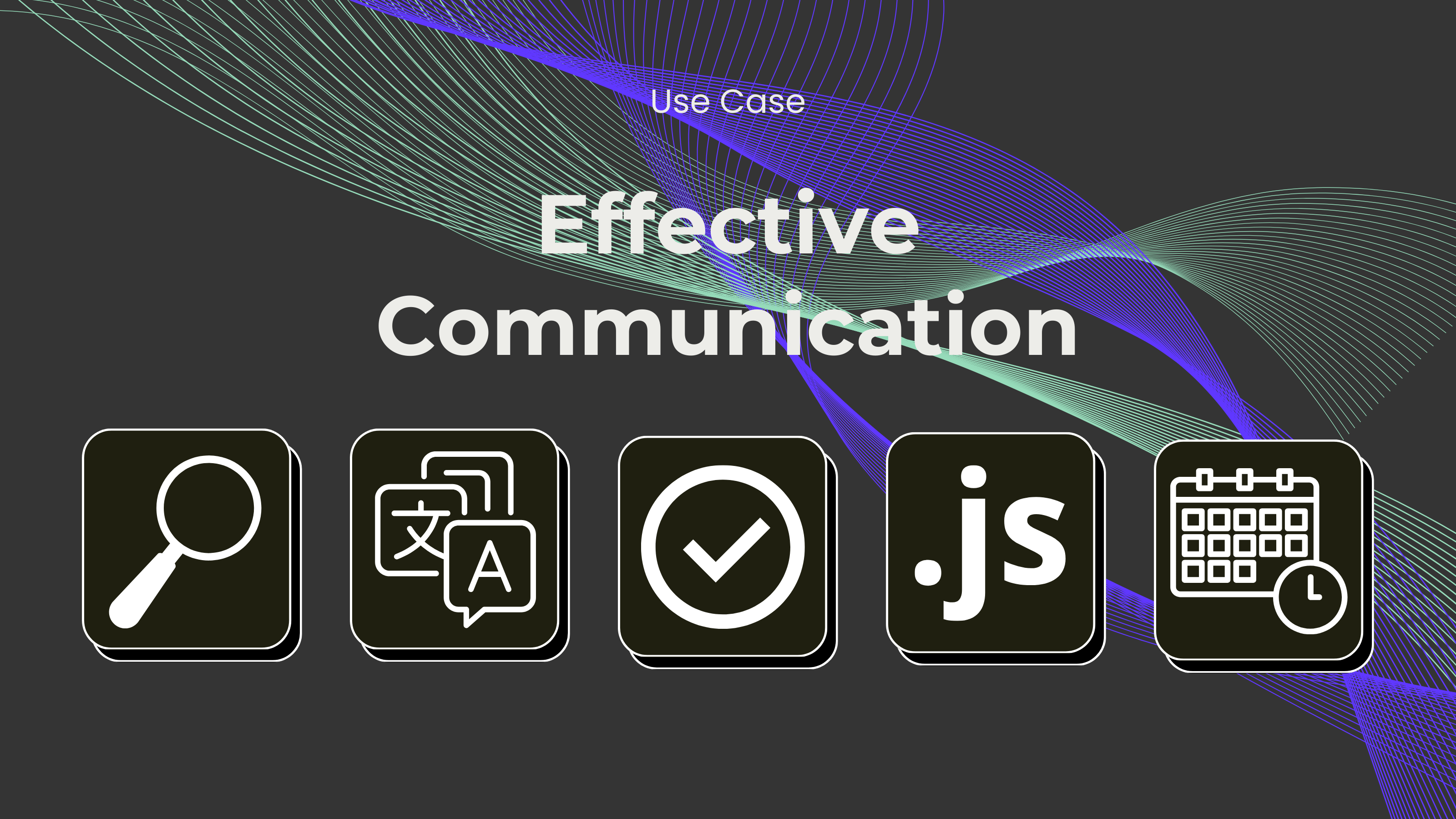All posts
0CodeKit's MCP
Enhance your 0CodeKit API endpoint management with our new MCP server. Effortlessly wrap endpoints, connect with AI tools, and boost project efficiency.
3 Practical Python Automations
In this blog, we demonstrate how 0CodeKit's "Execute Python code" endpoint streamlines workflow tasks through three scenarios: identifying duplicate items in lists, extracting sub-20-degree temperatures from data, and generating transcripts from YouTube videos.
JavaScript Optimization Automation
This blog highlights how 0CodeKit enhances JavaScript application performance through automation, tackling the challenge of resource-intensive calculations. By optimizing complex computational tasks, 0CodeKit improves efficiency and responsiveness.
Distance-Based Quotations Automation
Discover how to streamline logistics quotations with our step by step automation guide. In this blog, we detail how to use tools like Google Forms, 0CodeKit, and email to automate the calculation of shipping distances and costs efficiently.
3 Practical JavaScript Automations
This blog explores the use of JavaScript in Make with 0CodeKit's "Execute JavaScript code" endpoint. Featuring real-life examples: checking for duplicate list items, identifying temperatures below 20°C, and comparing books in a library using Lodash.
Turn Video Content into Articles
Discover how to streamline content creation with our blog, which explores automating article generation from YouTube videos. Using tools like YouTube, 0CodeKit, and OpenAI, learn to extract video transcripts, analyze data, and transform it into blog content.
Website to PDF Conversion Automation
Discover how to automate the conversion of multiple websites into a single, ad-free PDF document that's easy to share, annotate, and store offline. In this blog, we guide you through setting up this automation using 0CodeKit and Dropbox.
Google Docs Entity Extraction Automation
This blog details setting up automation for data extraction from Google Drive documents using 0CodeKit's 'Text entity detection'. By enabling quick and accurate data extraction, this process enhances decision-making, information retrieval, and business intelligence.
Barcode System Automation
Learn how to efficiently generate and integrate barcodes into your workflow using the Generate a barcode endpoint. In this blog, we'll guide you through setting up this automation with tools like Google Sheets and 0CodeKit.
Local SEO Automation
This blog highlights the significance of local SEO and introduces 0CodeKit's "Get EXIF data" endpoint for optimizing images to enhance local search visibility. By using this tool with Google Sheets and Make, businesses can efficiently extract geolocation data from images.
Click Fraud Automation
This blog highlights the significant issue of click fraud in online advertising, where fake clicks waste ad budgets and skew ROI data. Manual detection is inefficient, so 0CodeKit offers an automated solution to process extensive click data in real-time.
CSV to JSON Conversion Automation
This blog outlines an automation process for converting CSV data to JSON using 0CodeKit. The process involves connecting to an FTP server to download CSV files, using 0CodeKit to convert them to JSON, cleaning the data, and sending it to an API.
UTM Tracking Automation
Discover how to streamline your marketing campaigns with our blog on automating UTM parameter integration. Learn to enhance tracking and efficiency by using tools like 0CodeKit and Google Sheets to create, shorten, and share URLs across social media.
Long URL Management Automation
In this blog, we guide you through automating link shortening using Google Sheets and 0CodeKit to enhance social media posts' appearance and stay within character limits. Learn to set up this automation, manage long URLs, and simplify your content sharing.
Competitor Ads Tracking Automation
This blog discusses an automated approach to analysing competitors' ads using a Make scenario. By leveraging Google Sheets, 0CodeKit's HTML or URL to PDF endpoint, and Google Drive, users can compile comprehensive reports of competitors' ads efficiently.
.png)

